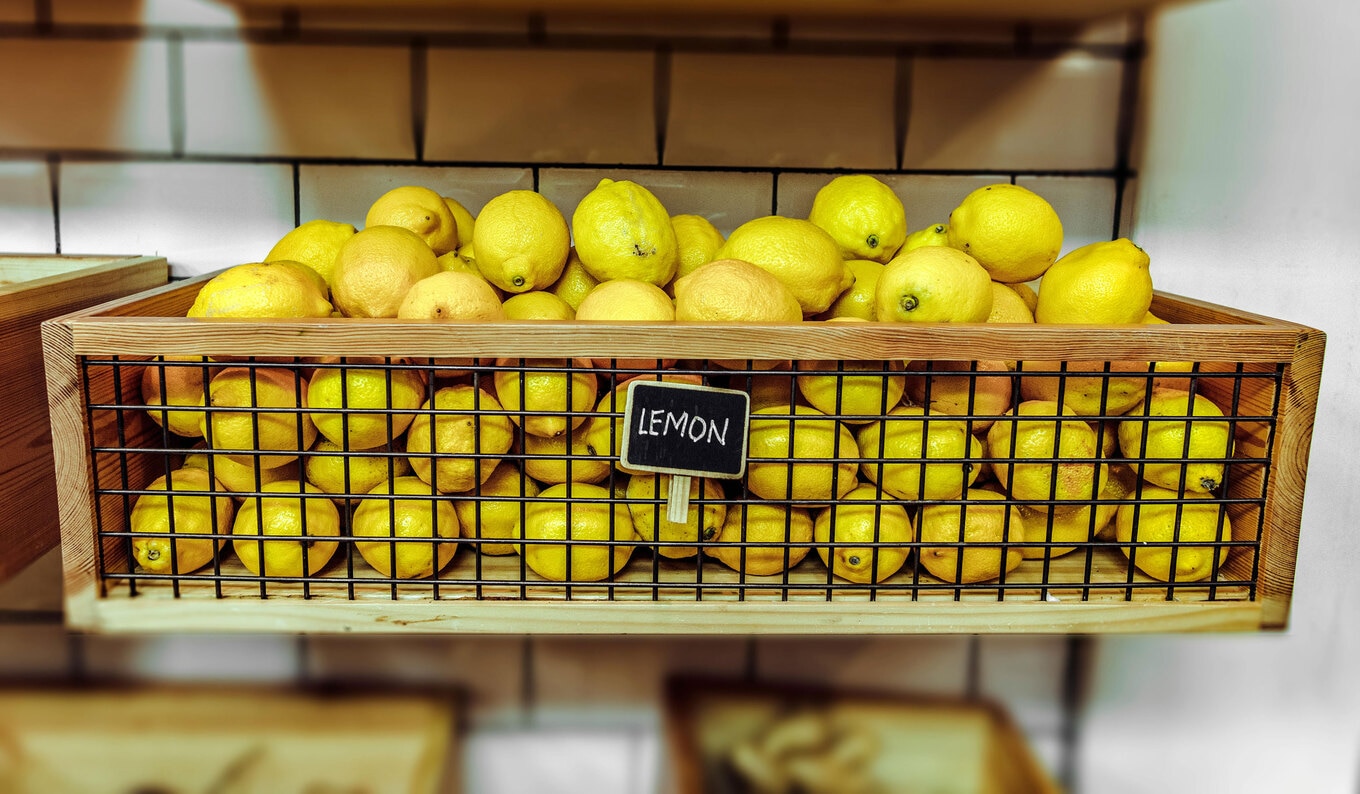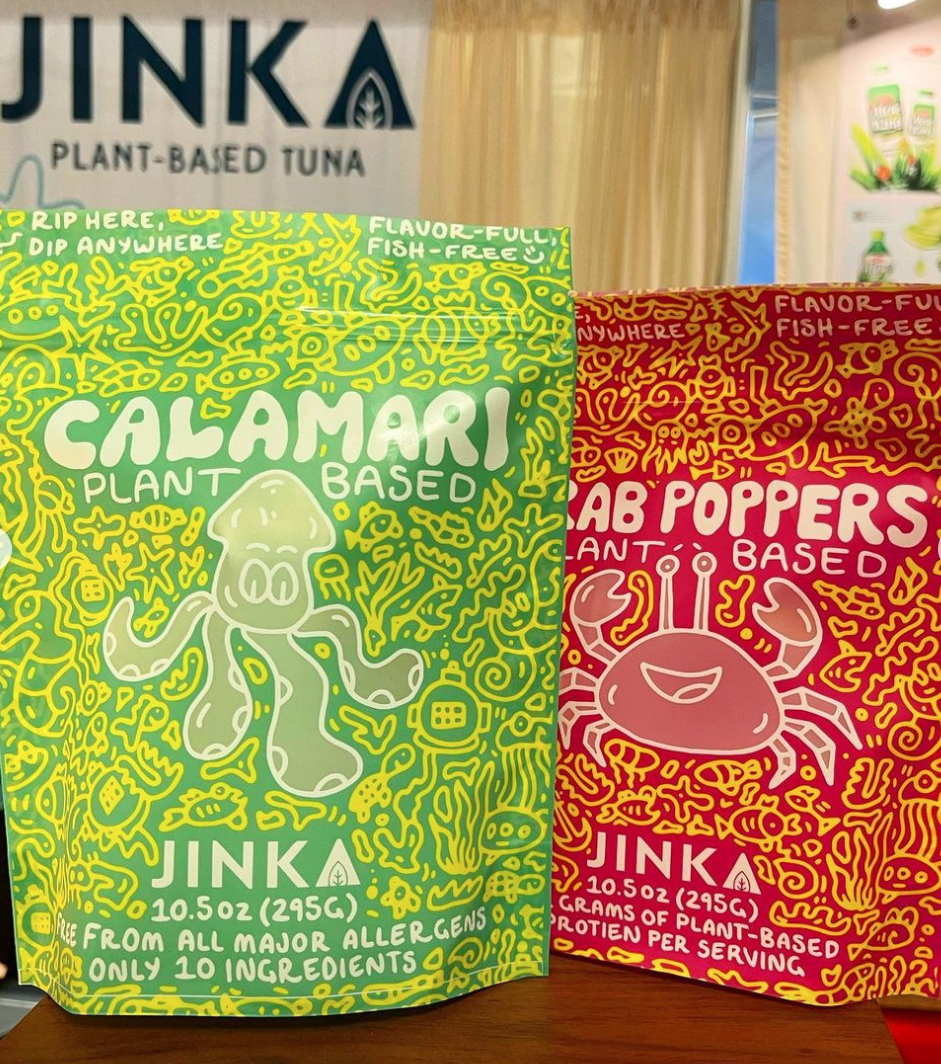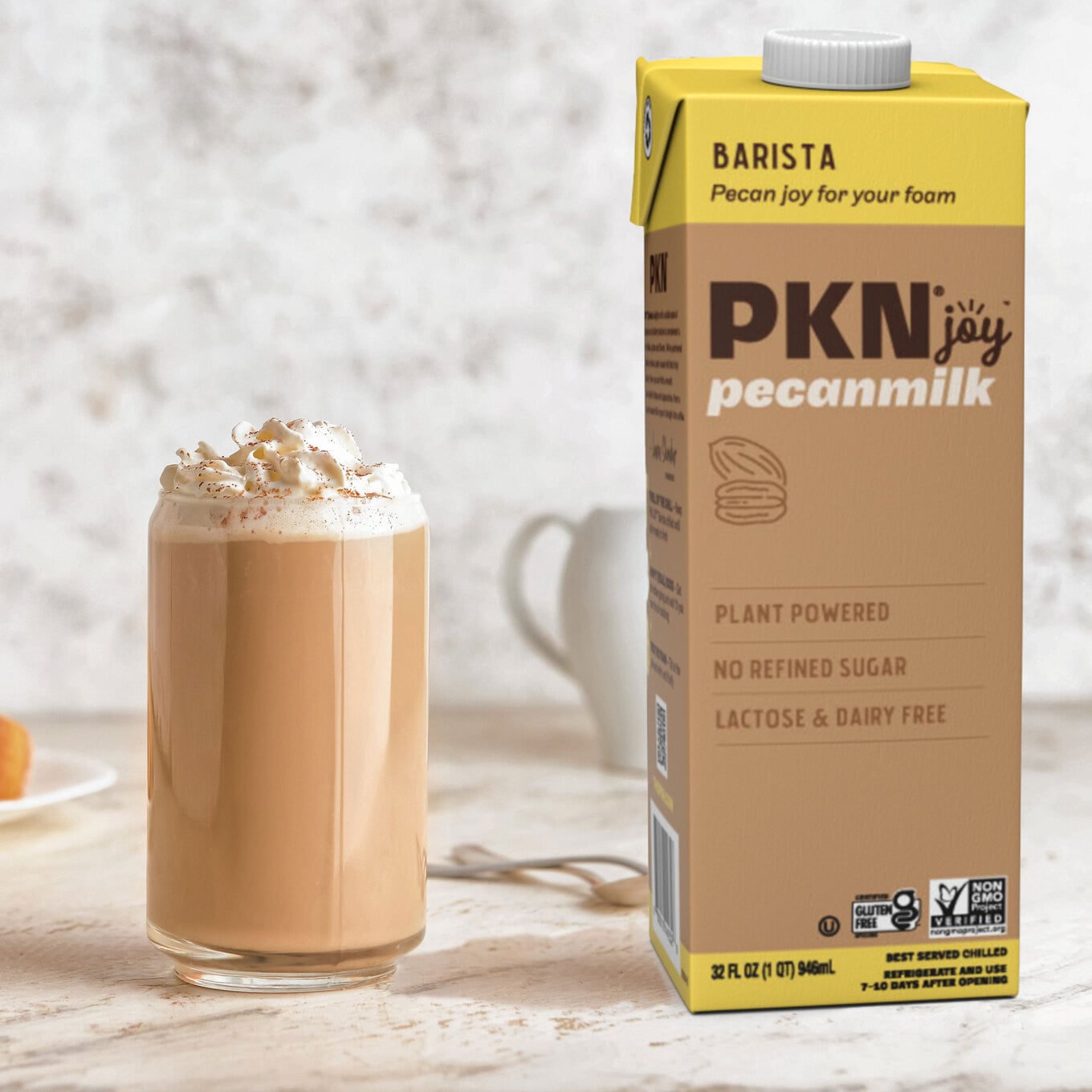A new health elixir is making the rounds on TikTok. It features a blend of olive oil, honey, a knob of ginger, water, and—the kicker—an entire lemon, pith and peel, all blended together. The result? An elixir that TikTokers are saying gives you a boost of immunity and fiber.
Karolina Grabowska/Pexels
Of course, swapping in honey for a vegan sweetener is a good idea, but is eating a whole lemon really that healthy? We asked a few experts to weigh in.
Table of Contents
Whole lemon TikTok trend explained
The blended elixir is just one take on the TikTok trend of consuming lemons in their entirety. Where did the new whole lemon TikTok trend come from? It seems that an Italian company, Lemon Snack, played a significant role in its origins.
The company grows small, low-acidic lemons with an edible peel rich in antioxidants, designed to be eaten whole. These lemons gained popularity when TikTok user @lalaleluu, who resides in Germany, shared a video showcasing the product.
The video, which has garnered 9.3 million views, showed her eating the lemon with salt and chili powder, calling it “so awesome.”
 Shvets Production/Pexels
Shvets Production/Pexels
While Lemon Snack lemons are not widely available, some TikTok users have tried using regular lemons. TikTokger @aaashleyk sliced a regular lemon and added honey and Tajin, finding it “good but very sour.” Another user commented that it “tasted like pepperoni,” likening it to a makeshift meal when groceries are running low.
Another TikTok influencer, @mahakhamidd, tried a “lemonquat” from a local farmers’ market, noting its thinner and sweeter rind compared to a regular lemon. She enjoyed eating it in slices, rind included.
Is eating whole lemons healthy?
These tangy TikTok lemon experiments seem fun but is eating a whole lemon healthy? Lisa Richards, a nutritionist and creator of the Candida Diet, says that eating whole lemons does in fact come with excellent nutritional benefits.
 Cottonbro/Pexels
Cottonbro/Pexels
“Putting a whole lemon in a juicer is often considered the best way to consume it if you plan to eat the entire fruit due to several reasons,” Richards tells VegNews. “Firstly, juicing the whole lemon, including the peel, provides a rich source of nutrients such as vitamin C, flavonoids, and antioxidants that are concentrated in the peel.”
“These nutrients can be beneficial for immune support, skin health, and overall well-being,” Richards says.
Trista Best, a Registered Dietitian at Balance One Supplements, added that because lemons are rich in vitamin C, consuming them boosts the immune system, promotes healthy skin, and aids in iron absorption. Eating them also has urinary tract benefits.
“The citric acid in lemons can help prevent kidney stones by increasing urine volume and pH, creating an environment less favorable for stone formation,” Best tells VegNews.
Eating lemons, particularly the peels, can also benefit liver health. According to Lesley Kumar, RD and Certified Nutrition Specialist, lemons contain the flavonoid eriocitrin, which can help reduce diet-induced liver fat and may prevent or manage non-alcoholic fatty liver disease.
 Vovka Panda/Pexels
Vovka Panda/Pexels
Lemon peels are also rich in antioxidants, including D-limonene and vitamin C, which protect against cellular damage and oxidative stress. Furthermore, lemon peels can promote metabolic health by positively affecting blood sugar balance and supporting metabolic syndrome and type 2 diabetes.
Kumar adds that lemon peels also have potential anti-cancer properties from apigenin, a flavonoid with chemoprotective potential, although she says more research is needed here.
“Consuming the pith, outer peel, and seeds, in addition to the juice, maximizes the benefits of eating lemons,” Kumar tells VegNews.
Another way to consume lemon peels? Throw your lemon rinds in a brine. “Allow the peels to soak for a couple of days,” Kumar says. “You get a delicious, salted lemon peel pickle, which has all the health benefits discussed here.”
The sour side of eating whole lemons
But not everything is sweet when it comes to consuming whole lemons. Catherine Rall, a Certified Nutritionist at Happy V, notes that while lemon rind, pith, and seeds contain beneficial vitamins, minerals, and fiber, they can also present choking hazards.
“Make sure to take small bites or process these parts of the lemon before eating them,” Rall tells VegNews.
 Quintingellar/Pexels
Quintingellar/Pexels
Additionally, she advises that store-bought lemons should be thoroughly washed to remove any waxy coating, germs, pesticides, and other contaminants.
Since lemons are a highly acidic fruit, Best warns that people who experience frequent heartburn should take precautions. “Eating them in large quantities may cause stomach discomfort or exacerbate acid reflux due to their acidic nature,” Best says, adding. “Some individuals may experience mouth sores or irritation from the citrus acids.”
Lemon peels can also offer oral health benefits due to their antibacterial properties, which inhibit the growth of microorganisms responsible for cavities and gum infections.
However, Dr. Jerry Friedman, from North Jersey Oral & Maxillofacial Surgery, cautions that eating entire lemons can ruin enamel.
“I typically advise against eating lemons raw in general,” Friedman tells VegNews. “Lemons are incredibly acidic, and that acidity can significantly eat away at the enamel on your teeth, which can then lead to decay.”
If you want to partake in the whole lemon TikTiok trend, Friedman has one piece of advice.
“Even when eating or drinking things with lemon in them, I recommend rinsing your teeth out with water afterward to get rid of some of that acidity,” he says.






